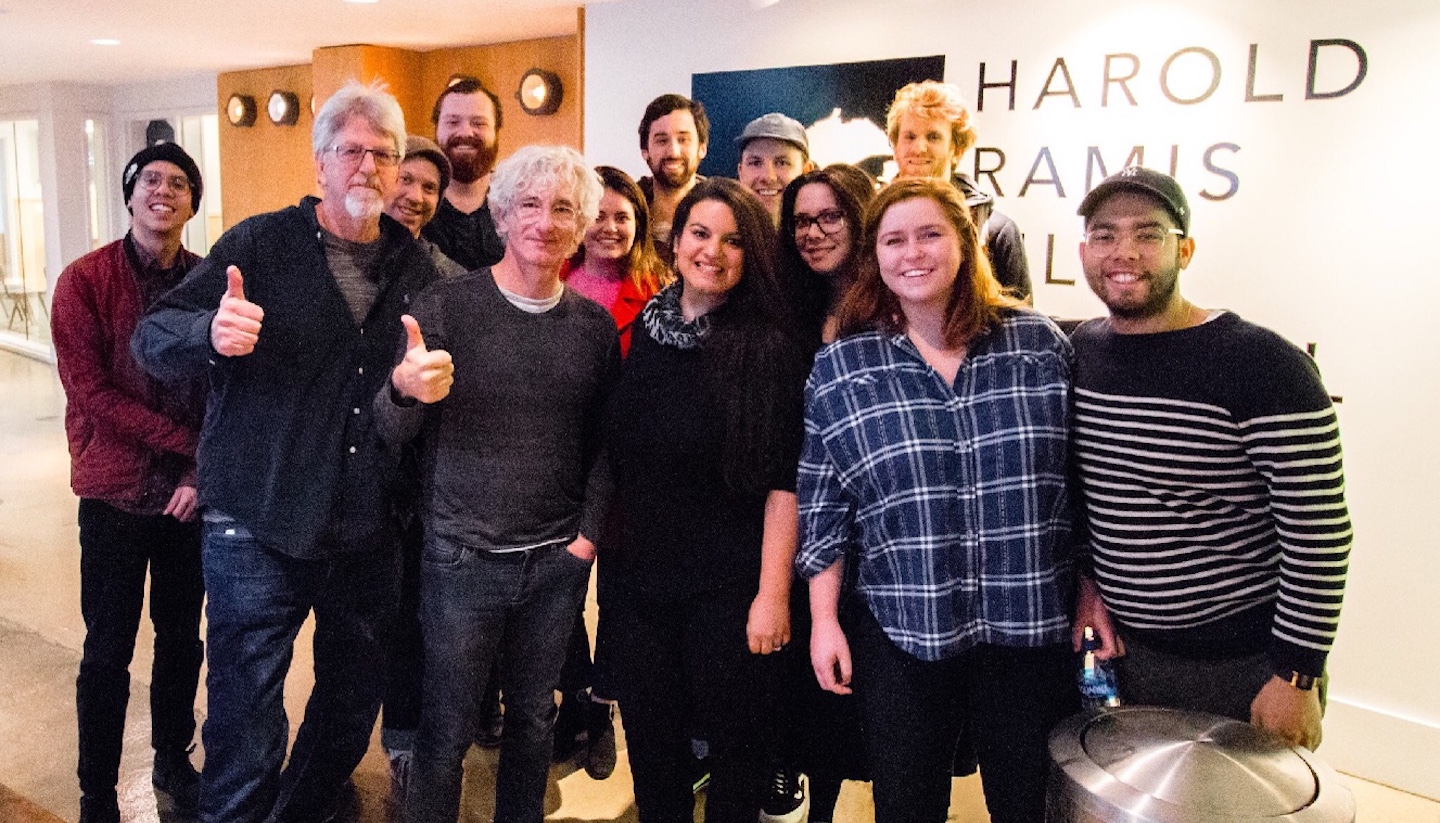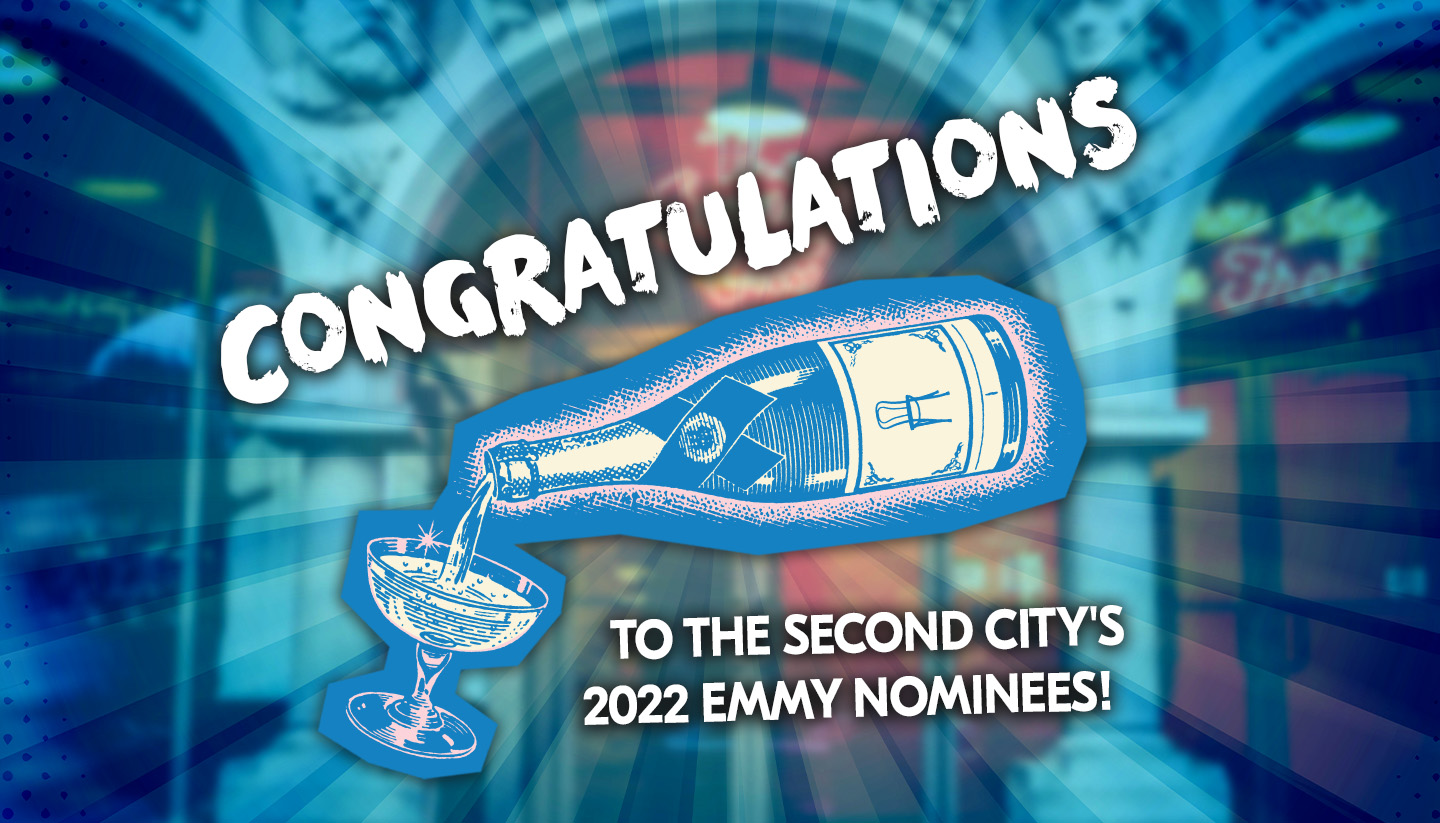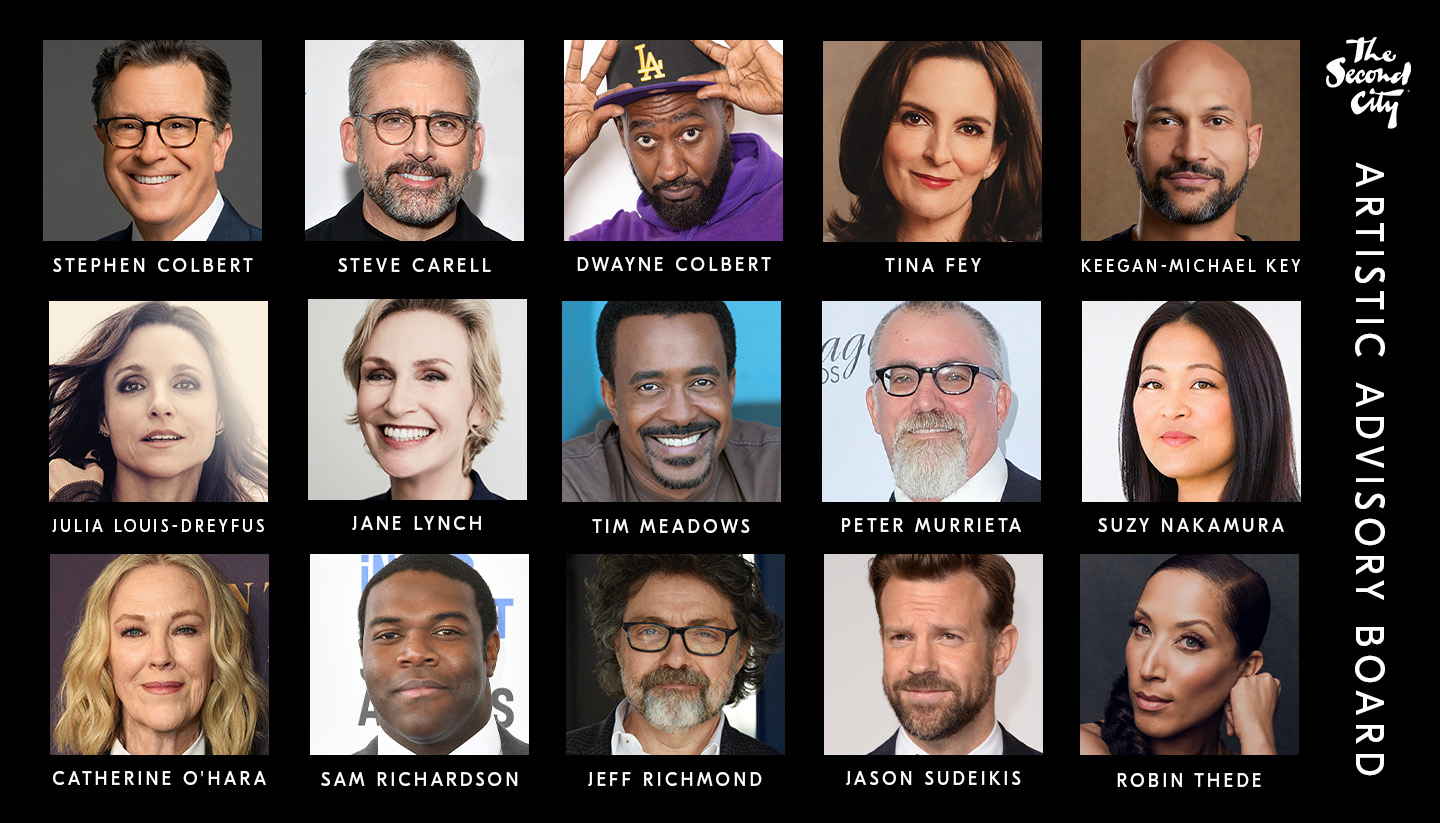If you stood outside of the Harold Ramis Film School’s screening room last week, you may have heard a sudden, explosive burst of laughter, followed by silence, followed again by explosive laughter, over and over again, for about four hours.
This was master storyteller and screenwriter Ed Solomon regaling students with earnest reflections and choice anecdotes from a four decade-long career in Hollywood. Trying to retell his anecdotes would be a fatal error, but his advice?
Unmissable.
Truth Is What Distinguishes A Good Story From A Bad One
With all the books, master classes, articles, blog posts and podcasts about the writing process, it’s no wonder we perceive it as an enigmatic, near-impossible pursuit. But Solomon offers an alternative approach to writing.
The man behind Bill & Ted’s Excellent Adventure, Men in Black, Charlie's Angels, Levity, Now You See Me, the Steven Soderbergh-directed HBO thriller Mosaic and a million more credits never took a screenwriting class. He also made no pretensions of having an “innate sense of story,” something I’ve heard many successful writers lay claim to.
“Stories have to have beginnings, ‘cause things have to start. And they have to end at some point. And then everything in the middle is the middle,” Solomon said simply.
For Solomon, writing has everything to do with state of mind. When writing the first draft, the writer must simply listen to her- or himself, follow her or his intuition, and be open to new thoughts that arise organically. Writing this way means your first draft won’t be amazing. It might even be terrible. But what you will have achieved is a truthfulness and authenticity that is unattainable any other way.
Respect The Story, Not The Hard And Fast Rules
The job of a writer is like that of a therapist. Writers should use their skills to question, to probe, to understand what makes a story unique, and eventually, to propose guidelines and behaviors uniquely suited to that story.
“Some movies, I divide up into acts. But some movies? I don’t. Some movies have sequences…Some don’t. Some I outline really detailed, some I don’t. Some I outline partway and then don’t outline the rest. Or re-outline later…every story has its own needs,” explains Solomon. “Part of the job is actually isolating what the individual organic needs of that story are, and trusting that you will find…the rules that then need to be applied to that story. And they’re always different.”
Failure Is Built Into The Creative Process
If you’ve been writing for even a little while, you know: you fail every single time you sit down to write. A sentence isn’t working? A scene isn’t working? An entire script isn’t working? “You are constantly dealing with non-success,” Solomon cautioned, and “because it’s hard for us to live in this anxiety of not-knowing, we bail.”
Have you ever been waiting endlessly for a bus, and then in a moment of panic, you call an Über, only to see the bus pull in a few second later? It’s like that.
“In order to find success as a writer, you must redefine your relationship toward failure,” Solomon continued. Only through patience—some scripts can take years to reach maturity, Solomon says—and trust that your work will become great, can you defend yourself against the fear of uncertainty, and steel yourself with the courage to keep writing.
Make Yourself Laugh, And Success Will Follow
If you have an idea you can’t get off your brain, that makes you feel something or makes you laugh, chances are it has the potential to become spectacular. So it was the case with Bill & Ted’s Excellent Adventure.
Years ago, Solomon and some friends would rent a Hollywood stage to improvise. No audience, just an excuse to try things out in a no-pressure environment. During one history-making session, they developed two characters: high schoolers studying for a history exam with zero knowledge of history. Solomon and his writing partner Chris Matheson enjoyed these characters so much that they kept doing bits and character sketches over the course of a year. They had no grand aspirations, and they felt no pressure.
They simply thought it was a funny premise.
One day, the duo was riffing together and hit on the idea of Bill and Ted being responsible for everything bad that has ever happened over the course of history. “That made us laugh,” recalled Solomon. “So then we said, ‘what if we wrote it as a movie?’”
And the rest is…history.
There is no grandeur, no romance, and very little dignity to the writing process. Ideas slip into your psyche unceremoniously, and you might spend weeks laboring over a scene, only to discard it later with the stroke of a key. But if you have an idea that you like, hold onto it, respect it, cultivate it, and follow it through to its natural conclusion.
If you can learn to love the process—and learn to trust your intuition and sensibilities—then your writing career is sure to be, just like Ed Solomon’s, EXCELLENT!
Bailey Holtz is an actor, writer, improviser and alum of the Harold Ramis Film School.

 Shows & Tickets
Shows & Tickets  Chicago Venue Info
Chicago Venue Info  Classes & Education
Classes & Education  Second City Works
Second City Works  Second City Network
Second City Network  Our Legacy
Our Legacy 













